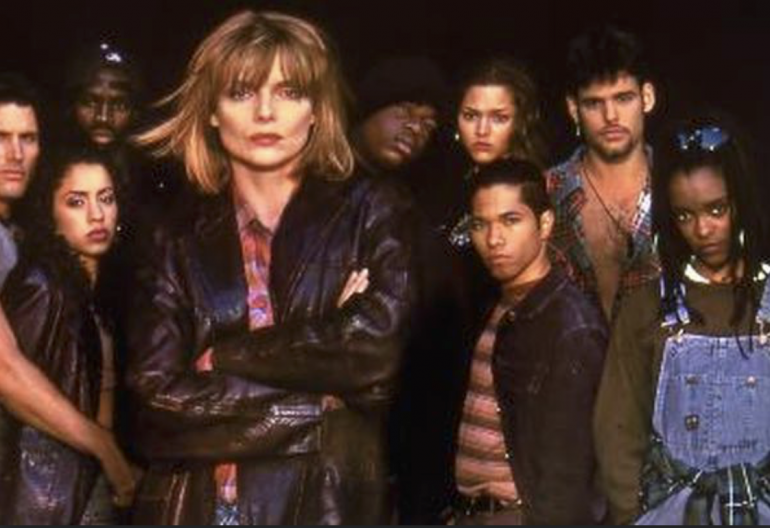I started teaching English in South San Francisco in 1995. Unfortunately for me that was the same year that Michelle Pfeiffer starred in Dangerous Minds, and yes I was inspired to come in and save my students. How very wrong I was. My students were not victims, and they did not need me to come in and save them. I learned this much later in my career, but oh how I wished I would have had Chapter 6 of Onward when I was just starting out.
Martyrdom is complex. In Chapter 6 of Onward, Elena Aguilar shares some of the dangers of martyrdom: Implicit in a martyr complex can be a deficit mindset about students and their communities – that the children and parents can’t and haven’t helped themselves, so they need an outside savior. I’ve encountered this mindset in school reform or transformation efforts in which teachers, thinking they are revolutionary, enter a community with big goals and inspiring slogans intent on saving kids (who are often black or brown and from low-income communities) from the ravages of inequities. Be careful – martyrdom can converge with racism and classism.
Awareness is key and so is the vision of what is possible when we become resilient educators: Let’s create schools with healthy, effective, humble teachers working in classrooms. They are grading papers at school so they don’t have to take them home, getting help from students to organize the classroom, taking a moment of quiet during lunch, and facilitating productive and often (but not always!) exciting classes. The best role models might not be the most charismatic or the busiest or the ones who stay at school the longest. But they do exist. Seek them out – those who lived balanced lives and do great work with kids.
Read It’s Time To Put the “Martyr Teacher” Narrative To Rest for more on the martyr narrative that exists in education.

